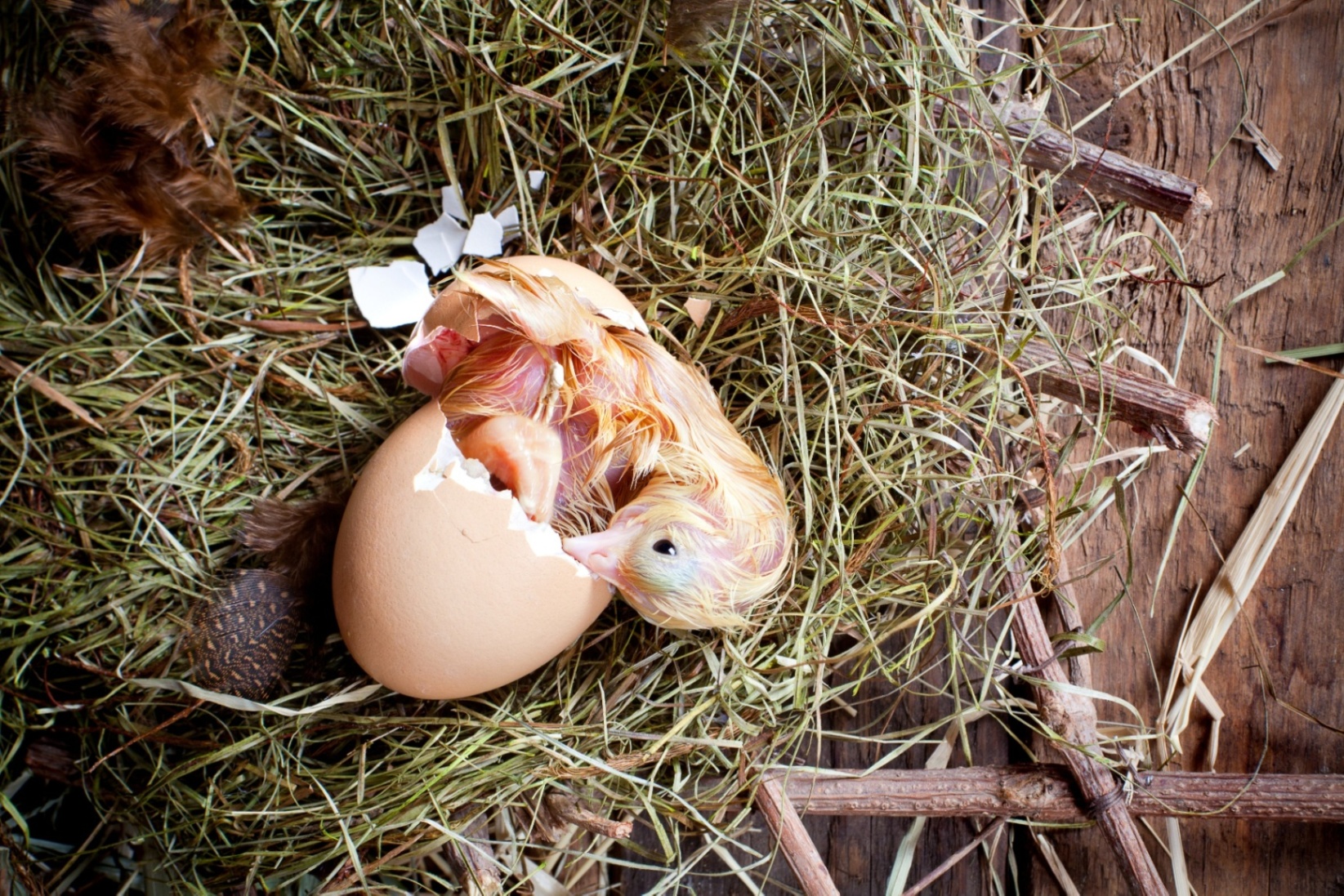THE GIFT OF LETTING OTHERS STRUGGLE: THE EGG HATCHING ANALOGY

I see a lot of good, tender-hearted people in my practice who have deep wells of sympathy (even empathy) for the people in their lives, which is all well-intentioned and good. Just like any well-intentioned and good thing, however, it can become unintentionally problematic in excess: for example, when living with an addict or trying to teach children (especially teenagers and adult children) how to be self-sufficient. In these instances, I use the analogy of a chick hatching from an egg to demonstrate the gift you give someone in allowing them to learn from their own life struggles.
Those of us who haven’t grown up on a farm might envision fuzzy little chicks emerging from eggs once hatched (like the picture above). The truth is, chicks come out wet and messy (more like the picture below):

This is true for people too. Our life experiences (including how we respond to them) are our shells, and figuring out how to navigate them effectively prepares us to effectively navigate our world. A great early-life example of natural consequences is a kid who wants to run outside in the snow without their jacket. If you let them do it the first time, they may get wet and cold (possibly even sick), but they are going to learn pretty quickly (for themselves) the benefits of being appropriately dressed for the weather. If, instead, you insist each time (over their protests) that they wear their coat, all they are learning is to fight and resent you; the fight is going to be on-going and they are never going to learn for themselves the benefits of being appropriately dressed for the weather. When you protect your loved one from the consequences of their own behaviors, it may seem like you are helping them when, in fact, you are enabling their inappropriate (even unhealthy) behavior. Enabling prevents your loved one from learning valuable life lessons and sets them up for future repetition of their problematic behavior.
It can sometimes be difficult differentiating enabling action from helpful action. Enabling action may save your loved one from immediate pain, but it doesn’t necessarily allow them to learn life’s lesson or prevent the same thing from happening again.
Helpful action creates space for people to sit with their problems until they are able to find their own solution. Helpful action requires patience, emotional awareness, and a basic trust in your loved one’s ability to deal with their issues utilizing their own value system (even when it’s painful, messy, expensive, or different from what you would choose for them).

